The 8 Prebiotic Foods That Beat Probiotics for a Calmer, Happier Gut
Let’s be honest—feeling “off” in your gut doesn’t just mean a grumbly belly. Sometimes it shows up as anxious thoughts, poor sleep, irritability, or a general sense that life feels heavier than it should. If you’ve tried probiotics and wondered if there’s something missing, here’s great news: the journey to a calmer, happier gut (and mind) may begin with everyday foods you already know—and some you might not expect. Science now tells us the gut and brain are deeply connected. What we eat isn’t just fuel for us, but for billions of microscopic helpers that shape mood, memory, and resilience. Instead of simply adding more bugs with probiotics, feeding the good bacteria you already have—with powerful, natural “prebiotics”—could help your body and mind feel their best. In this guide, you’ll discover the eight foods that nutrition experts and gut-brain researchers say can nurture a more balanced, peaceful mood from the inside out. You don’t have to overhaul your grocery list all at once, and perfection isn’t the goal. Let’s explore how garlic, onions, leeks, green bananas, oats, apples, beans & lentils, and asparagus work their magic—and why your next meal can be a gentle act of self-care. We’ll finish with practical how-to tips, myth-busting facts, and expert answers to common worries, so you feel supported every step of the way.
1. Garlic: The Microbial Diversity Builder
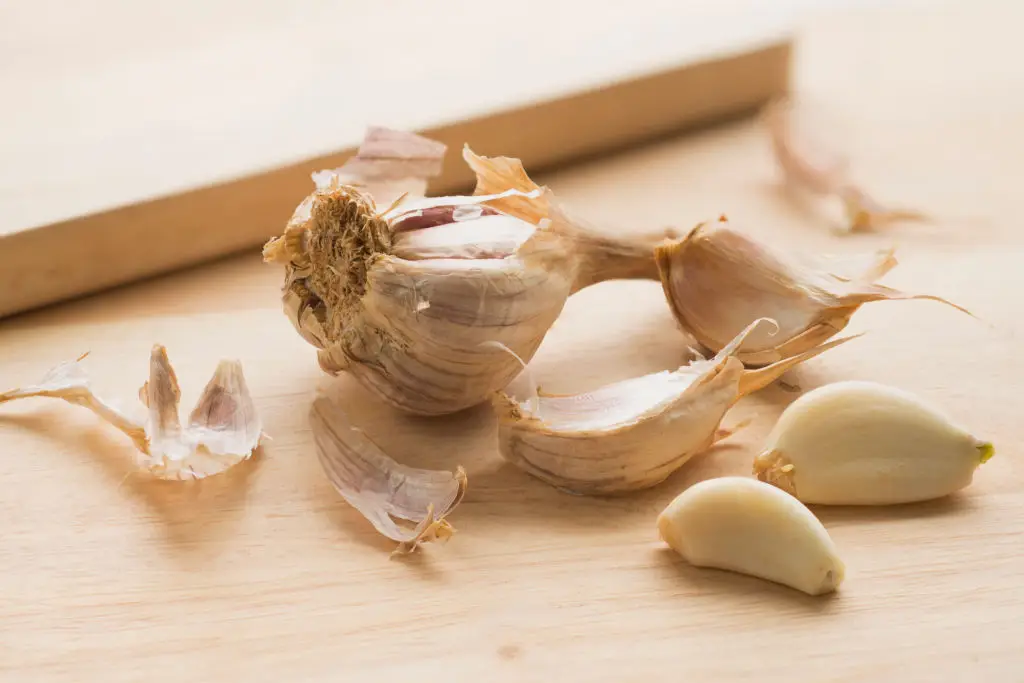
Garlic has topped the charts for centuries, not just for its power in recipes, but for how it nourishes good bacteria deep in your digestive tract. The secret lies in its unique kind of fiber—fructooligosaccharides (FOS)—which passes through your digestive system untouched and becomes a feast for the friendly microbes living in your gut. Research shows that these fibers increase the diversity of your microbiome, actively fostering bacteria that can help reduce inflammation and improve overall resilience. Dr. Drew Ramsey reminds us, “How you feel is dictated by the diversity of organisms in your gut.” Beyond supporting digestion, garlic’s anti-inflammatory compounds can ease tension that affects both belly and mind. Adding garlic to meals is simple: use minced raw garlic for a zingy salad dressing, stir it into soups, or roast whole cloves for a mellow flavor. Start small if you’re not used to its strength—your microbiome will thank you and, over time, so might your mood.
2. Onions: The Gentle Gut Soother
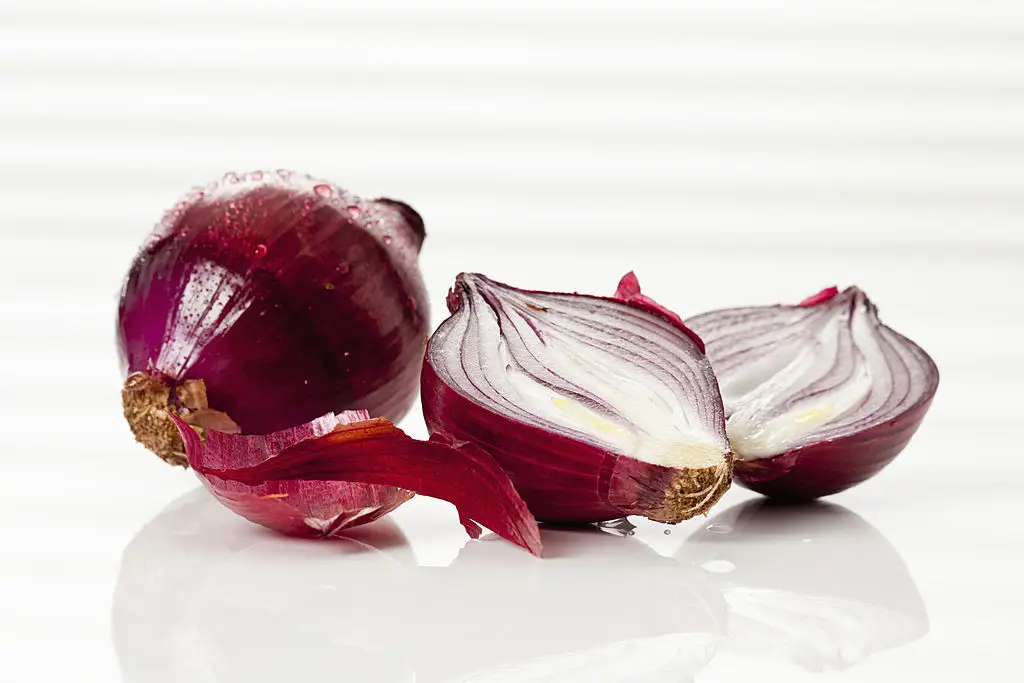
Onions aren’t just a kitchen staple—they could be your gut’s unsung hero when it comes to staying balanced and calm. Like garlic, onions are rich in prebiotic fiber (especially inulin and FOS), which selectively feeds beneficial bacteria, supporting steady digestion and emotional comfort. Studies have found that people who include onions regularly experience smoother digestion, less bloating, and may even feel more even-keeled as their microbiome comes into balance. Red, yellow, white—it doesn’t matter; the natural compounds in all onions have been found to offer mild anti-inflammatory effects, gently calming the digestive tract and influencing the gut-brain connection in positive ways. Try them raw in salads for a bit of bite, sautéed as a base for your favorite dishes, or roasted for a sweet finish. Even a small daily serving can make a noticeable difference in gut and mood support.
3. Leeks: The Fiber-Rich Supporter

If you’re looking for a more delicate way to support gut health, leeks deserve a spot on your plate. These mild relatives of onions are packed with inulin, a powerful prebiotic fiber linked to improved gut microbiota balance and better brain function. Nutrition research points to leeks as a top performer in nurturing “good” bacteria that help reduce anxiety and even bolster your immune defenses. Leeks are versatile—you can add them sliced and sautéed to eggs, stir them into soups for a mellow flavor boost, or grill them as a springtime side dish. They’re particularly easy to digest when cooked gently, making them a smart choice for sensitive stomachs. By adding leeks to your meals, you’re taking another delicious step toward feeling calmer, clearer, and more at ease—inside and out.
4. Green Bananas: The Resistant Starch Surprise
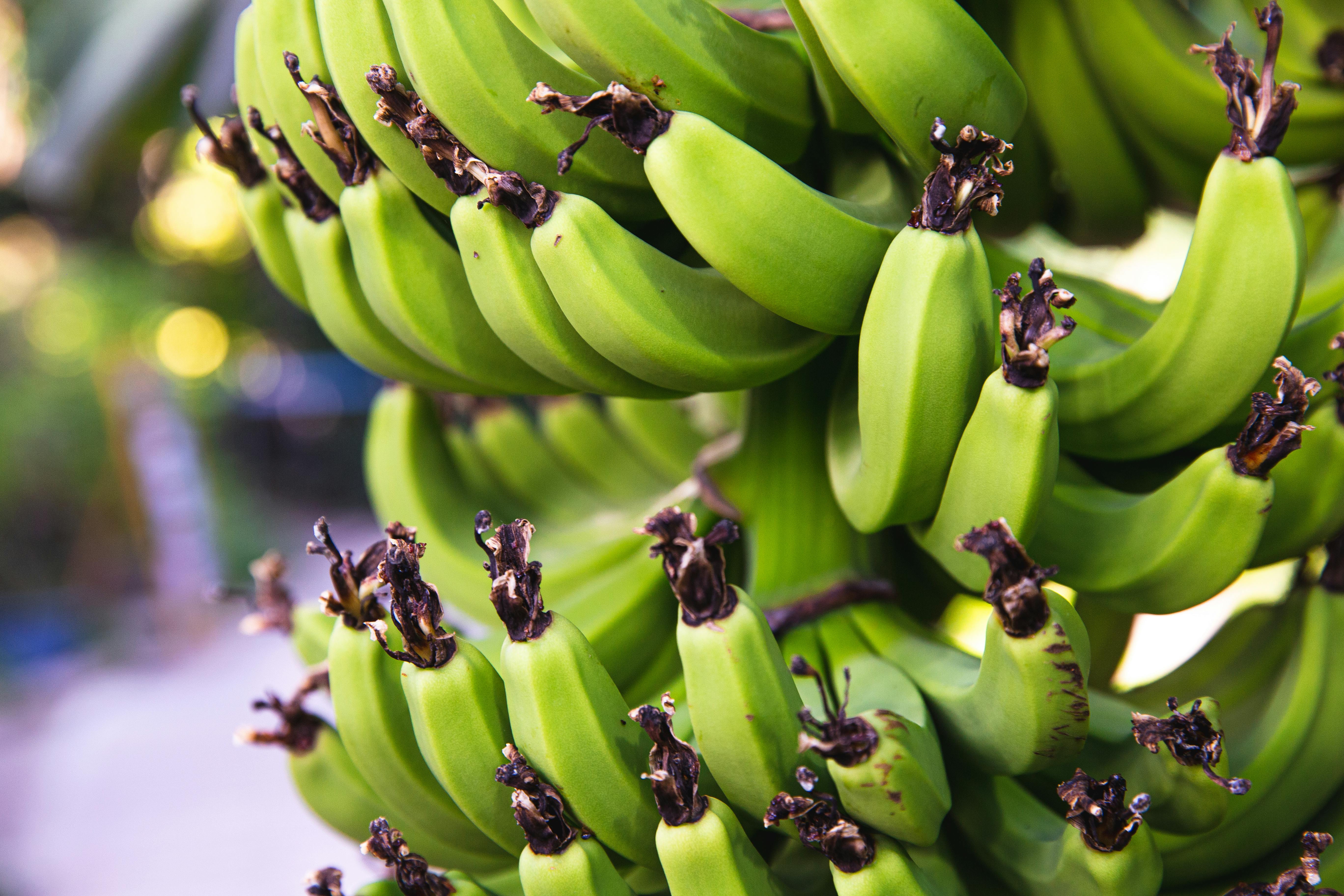
While yellow bananas get more love, it’s the firm, green ones that quietly pack the biggest prebiotic punch. Unlike their sweet, ripe counterparts, green bananas are loaded with resistant starch—a potent form of fiber that makes it all the way to your colon before being digested. Once there, it becomes an energy source for beneficial gut bacteria, triggering the production of mood-supporting compounds like serotonin. Experts note that resistant starch also helps maintain stable blood sugar and limits inflammation, both key for a balanced mood and smoother digestion. You can slice green bananas and add them to smoothies, blend them into a breakfast porridge, or even cook them as a starchy side dish. If you’re new to resistant starch, start with small amounts to let your system adjust, and enjoy how this simple food can support sustained calmness from within.
5. Oats: The Balanced Energy Anchor
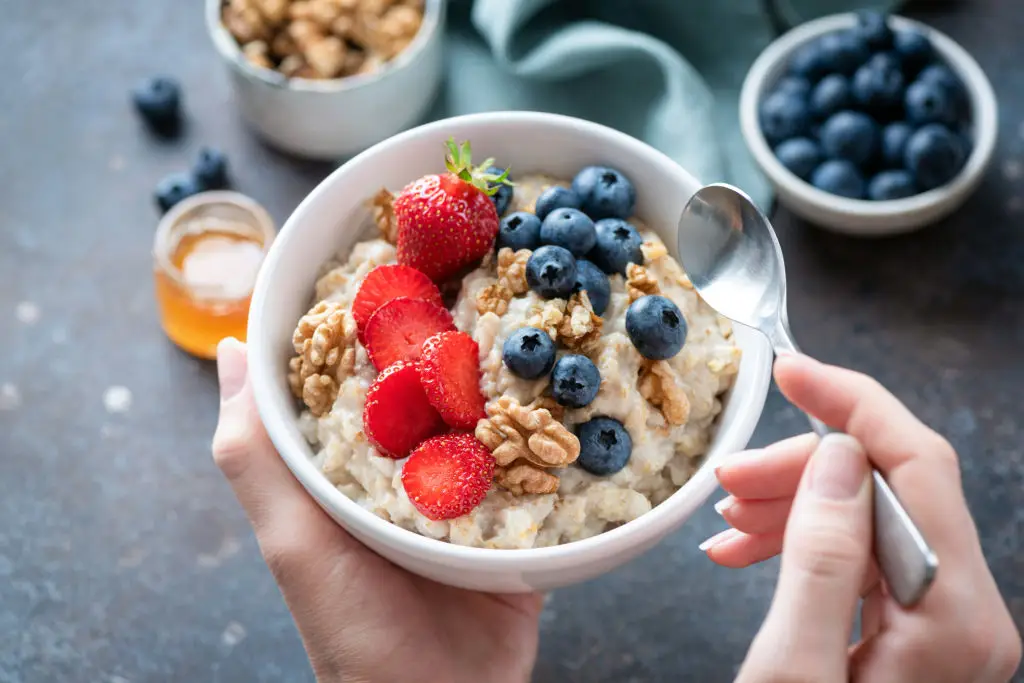
Comforting, affordable, and endlessly customizable, oats belong on every gut-friendly shopping list. Their real superpower? Beta-glucan—a soluble fiber that acts as a prebiotic, helping your beneficial microbes thrive while keeping digestion steady and predictable. Studies connect oat consumption with more stable blood sugar, softer mood swings, and even a boost in the fullness hormone that makes it easier to resist emotional eating. The benefits aren’t just physical; a steady gut means more predictable energy and a greater sense of calm. Start your day with an oatmeal bowl, bake oats into healthy snacks, or stir them into smoothies for texture and staying power. For extra gut benefit, top with a diced apple or sprinkle in chia for even more prebiotic fiber. Every spoonful is a step toward a calmer, happier you.
6. Apples: The Polyphenol Protector
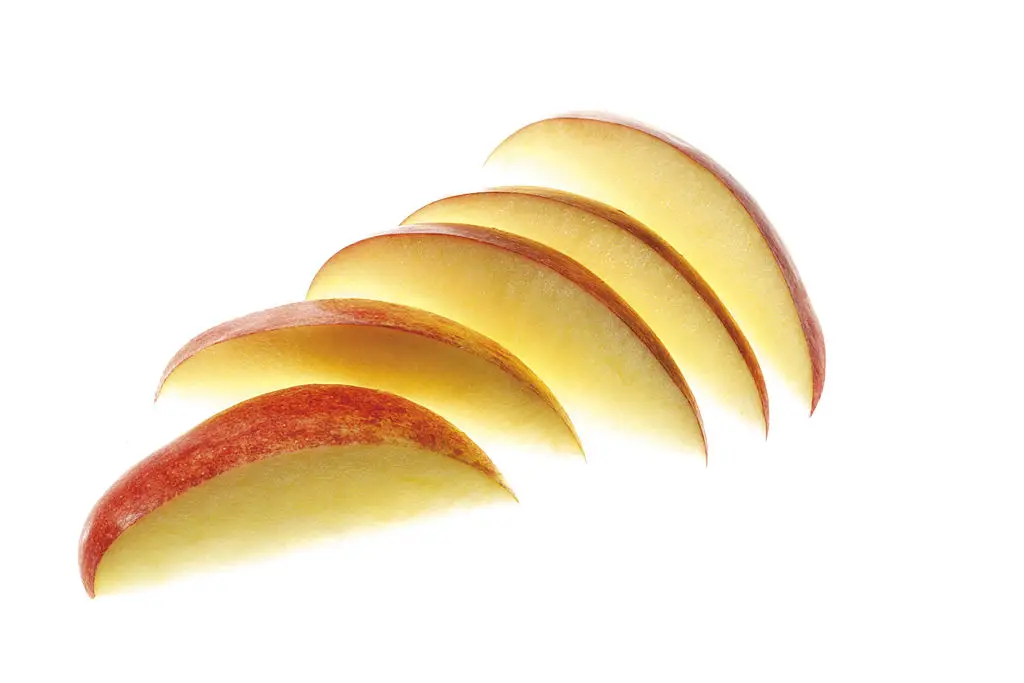
“An apple a day” isn’t just about tradition—it’s rooted in nutrition science. Apples offer pectin, a prebiotic fiber that travels intact to your gut, plus abundant polyphenols that shield cells from stress and inflammation. Together, these plant compounds foster a friendlier gut environment, with emerging research hinting at mood-supporting effects thanks to the gut-brain axis. Whether you prefer crisp apples sliced fresh or stewed in a comforting dessert, keeping the peel on delivers the biggest benefit. Pectin from apples helps maintain regularity, while polyphenols fight oxidative stress—a win for both digestion and emotional steadiness. Try apples for snacks, in salads, chopped over oatmeal, or baked for a soothing treat that supports both your body and your outlook.
7. Beans & Lentils: The Feel-Good Fiber Duo
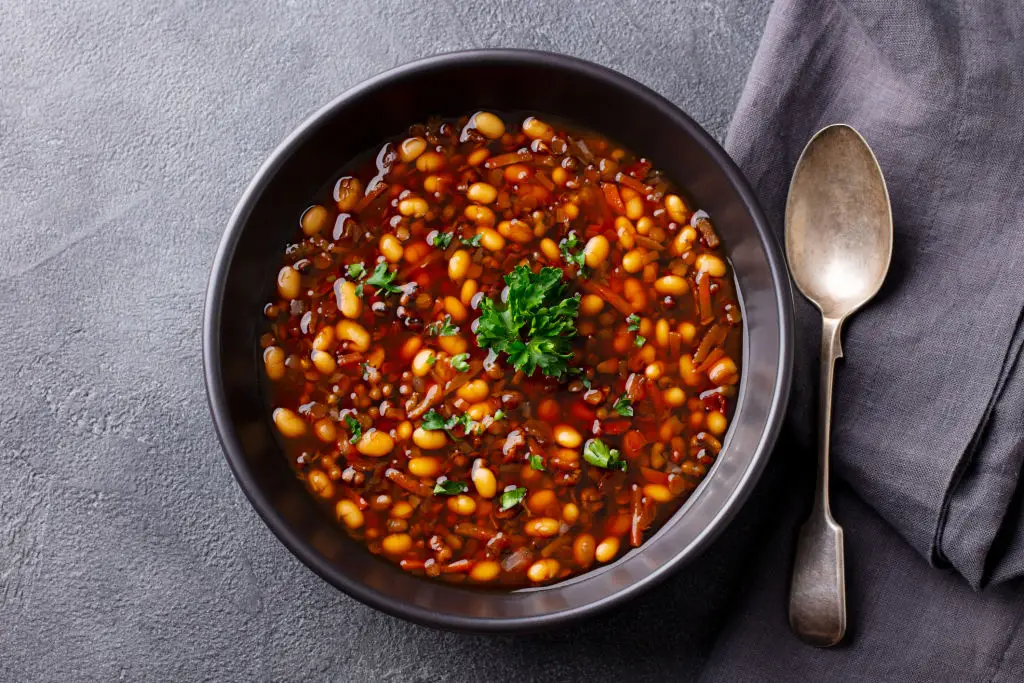
Beans and lentils deliver one of the richest blends of prebiotic fiber and mood-supporting nutrients around. High in resistant starch as well as magnesium, these humble staples encourage a thriving, happy microbiome that sends calming signals through the gut-brain axis. Large studies have linked diets rich in legumes to lower risk of depression, less inflammation, and more consistent energy throughout the day. Lentils work beautifully in soups or stews, while black beans and chickpeas can be tossed onto salads or blended into spreads. If gas or bloating worries you, start with smaller portions and increase gradually—your gut will adapt over time, and the benefits for both body and mood can be profound. Don’t let their simplicity fool you: beans and lentils are true champions for inner peace.
8. Asparagus: The Digestive Mood Elevator
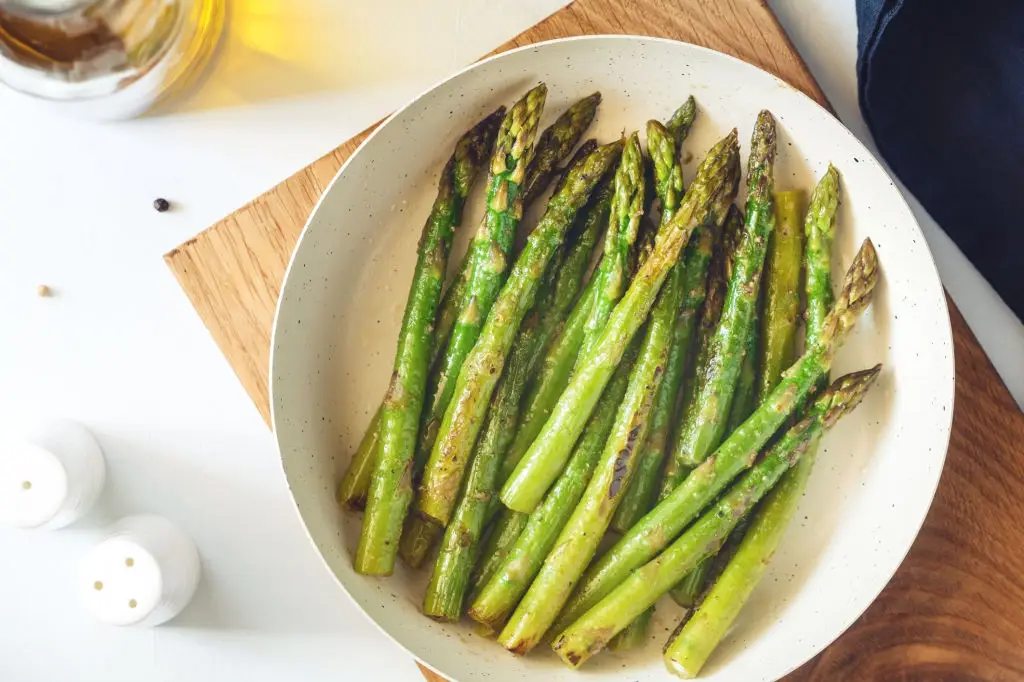
When spring brings fresh asparagus, your gut will thank you for indulging. This slender stalk is bursting with inulin and other fibers that selectively nurture the “good guys” in your microbiome. Asparagus also boasts antioxidants and unique phytochemicals shown to lower stress, improve immune resilience, and contribute to a calmer mood. Whether you enjoy it steamed, roasted, or shaved raw into salads, asparagus is one of nature’s most effective digestive balancers. For the gentlest gut support, cook lightly and pair it with a squeeze of lemon. Including asparagus regularly can gently nudge both your gut and your mind toward greater ease, one delicious bite at a time.
9. How to Add Prebiotics to Your Diet Every Day
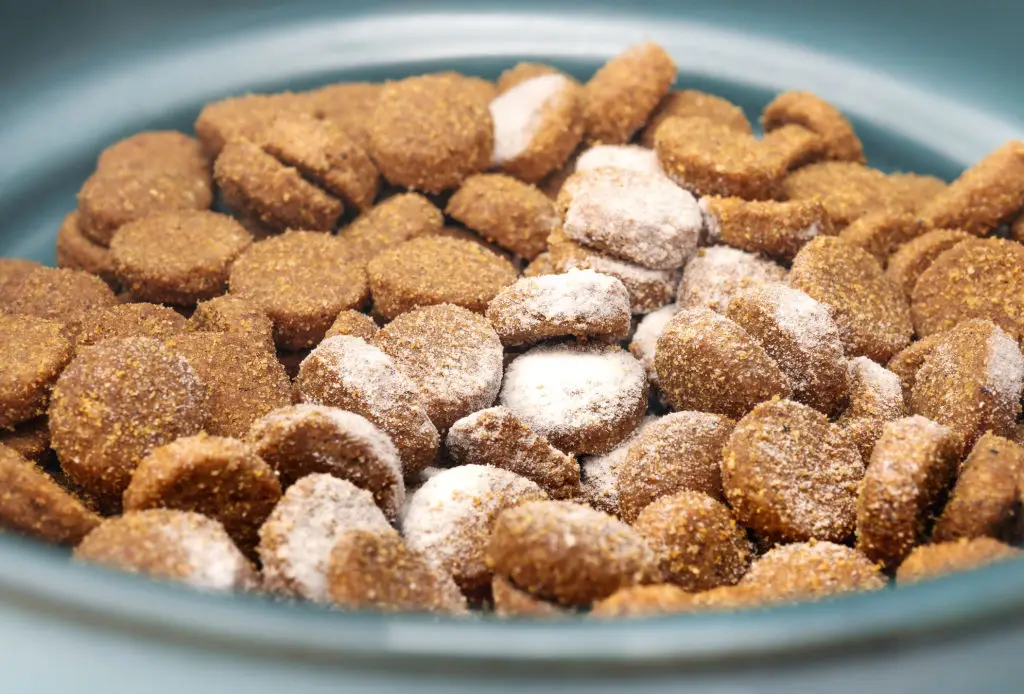
Adding prebiotics to your daily meals doesn’t have to be overwhelming or expensive. Begin by weaving small amounts into what you already eat. Swap a few garlic cloves into your pasta sauce, sprinkle chopped onions on your salad, or stir oats into a morning smoothie. Green bananas can be blended for a creamy base, while beans and lentils offer satisfying protein for soups and sides. Aim for variety instead of quantity—your gut bacteria love diverse fibers the way you love a colorful plate. If you’re new to foods like leeks or asparagus, start slow and listen to your body. Busy schedule? Meal-prepping a pot of bean chili or storing sliced apples as a grab-and-go snack can make all the difference. Remember, gradual change is sustainable change; a single new addition each week is cause for celebration. Your gut, mood, and routine will thank you for these small, supportive shifts.
10. Prebiotic vs Probiotic Myths—What You Need to Know
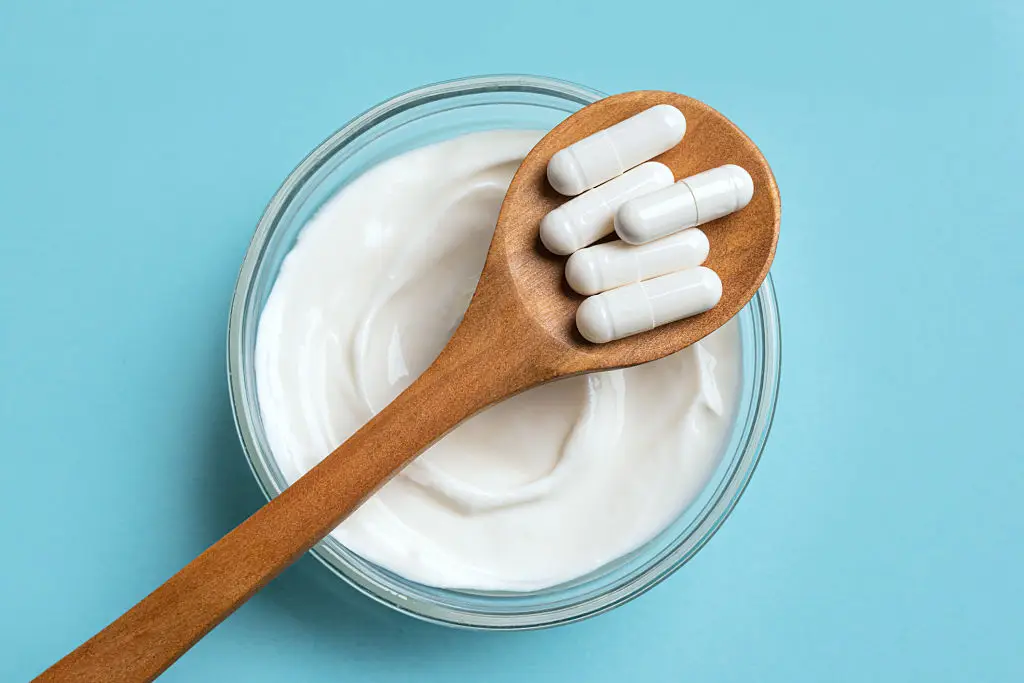
Despite the hype, more probiotics don’t always mean better gut health. Probiotics work by introducing new bacteria, but unless you “feed” those beneficial strains with prebiotic foods, their effects may be short-lived. Prebiotics, on the other hand, act as sustainable fuel for the microbes already living inside you, giving you longer-lasting benefits. Supplement trends come and go, but what remains consistent are the advantages of a diverse, whole-food diet rooted in prebiotic-rich ingredients. No need to choose one or the other; think of prebiotics as nurturing the soil, while probiotics are like adding seeds. The healthiest gardens—and guts—need both. Be wary of claims that more is always better or that expensive pills outperform real food. Science continues to show that nature’s pantry provides the best foundation for a peaceful gut and resilient mood.
11. Reader Q&A: Common Worries About Gut Health
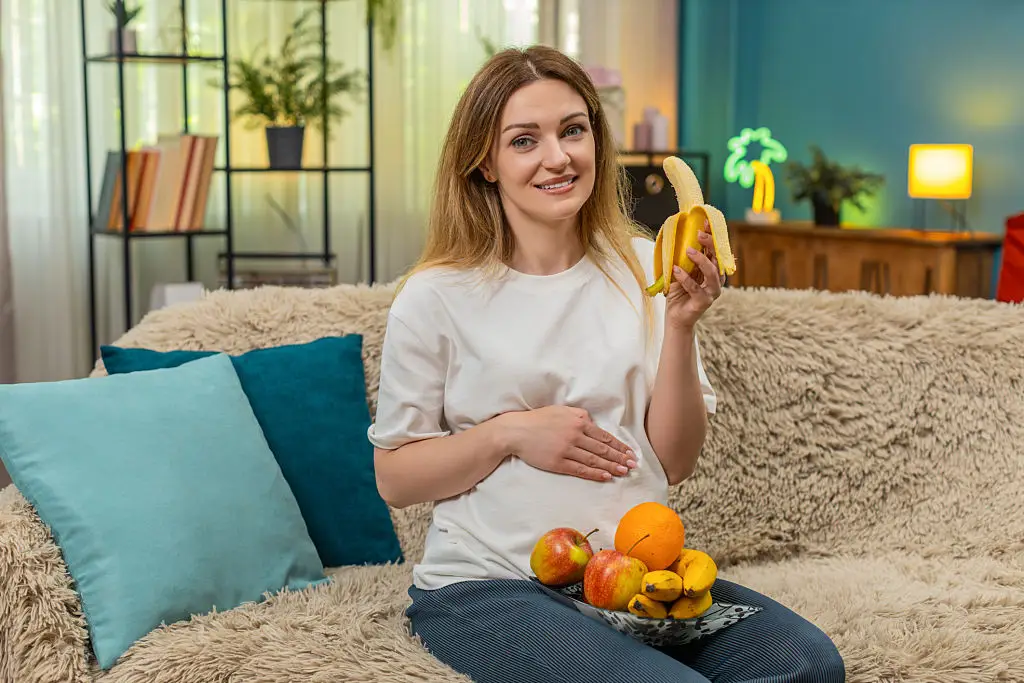
Questions about gut health come up for everyone. Is a little bloating normal when adding fiber? Yes—your microbiome needs time to adjust. Upset stomach after eating more beans or garlic? Try smaller portions spread across meals. Can you get too much of a good thing? Diversity is key, so mixing your prebiotics keeps everything in balance. Many wonder if prebiotics are safe for sensitive stomachs. Most people do well, but if you have IBS or a similar condition, introduce new foods slowly and check with your provider if needed. Remember: Gut healing is a journey. Celebrate weekly wins, and know you’re not alone. Small swaps—like an apple with lunch or roasted asparagus at dinner—set you on a path toward happier digestion and a steadier mood, one gentle step at a time.
Nourish Your Gut, Nurture Your Mind
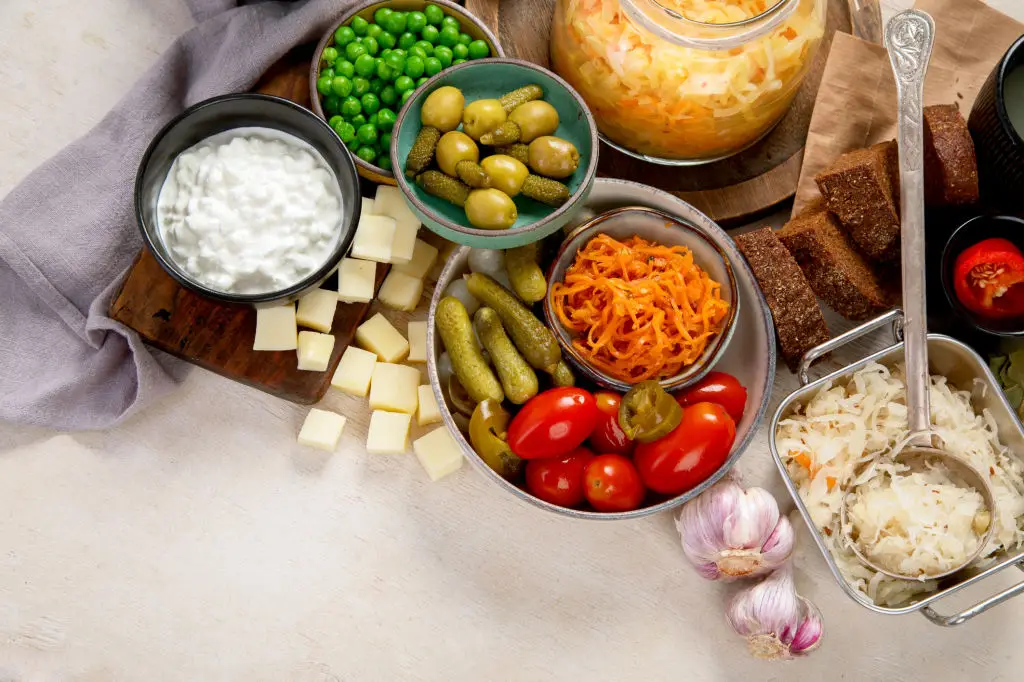
Taking care of your gut is one of the most empowering forms of self-care. It’s not about perfection or strict rules—it’s about gentle curiosity, trying new flavors, and trusting in the science that links what’s on your plate to how you feel each day. These 8 prebiotic foods offer more than just digestive relief. They help lay the groundwork for clearer thinking, steadier emotions, and a little more lightness, no matter what life hands you. Change doesn’t happen overnight, and that’s perfectly okay. Each simple swap—from layering leeks into your soup to savoring beans in your chili—feeds your inner ecosystem, supporting resilience that goes well beyond your gut. As you experiment, notice which foods make you feel most balanced and at peace. Start with one small step this week, and celebrate the ripple effects on your mood and energy. By nurturing your digestion with nature’s best, you’re investing in lifelong calm and clarity. Your body, mind, and spirit are worth it.
